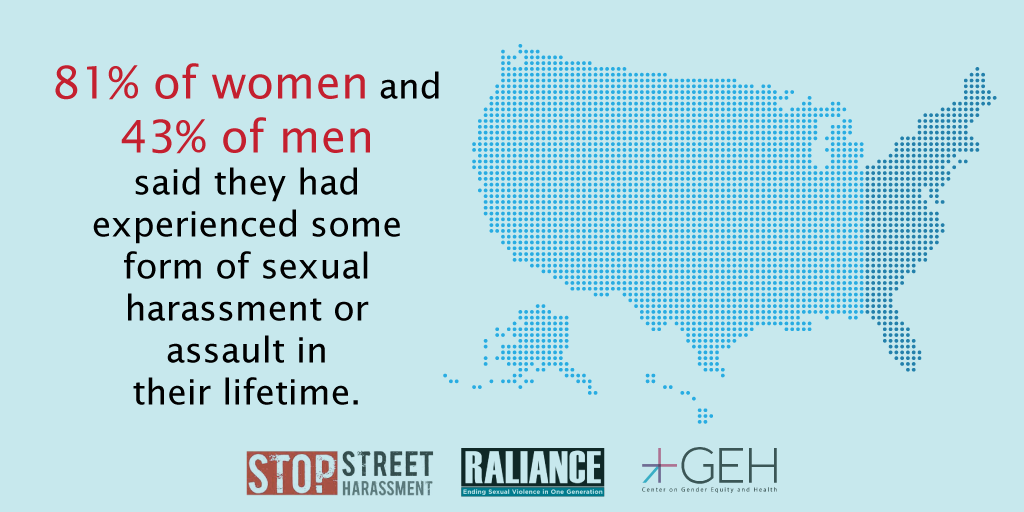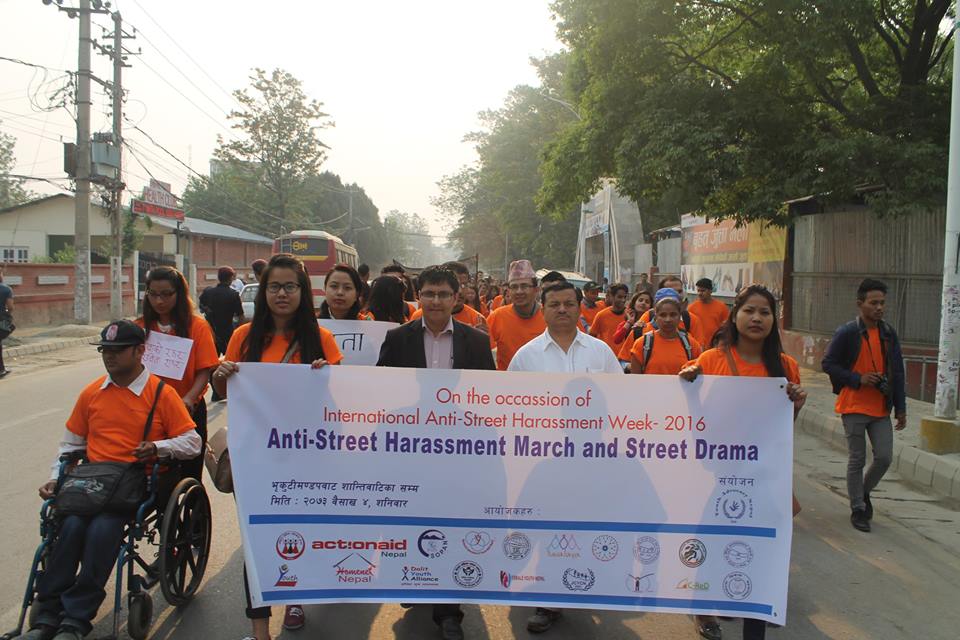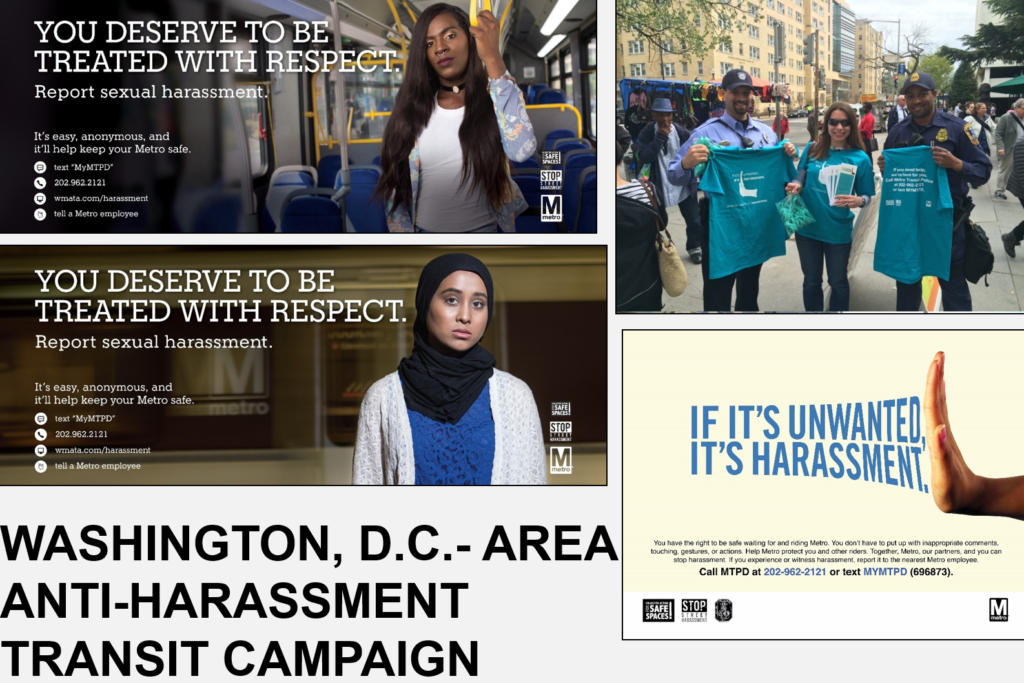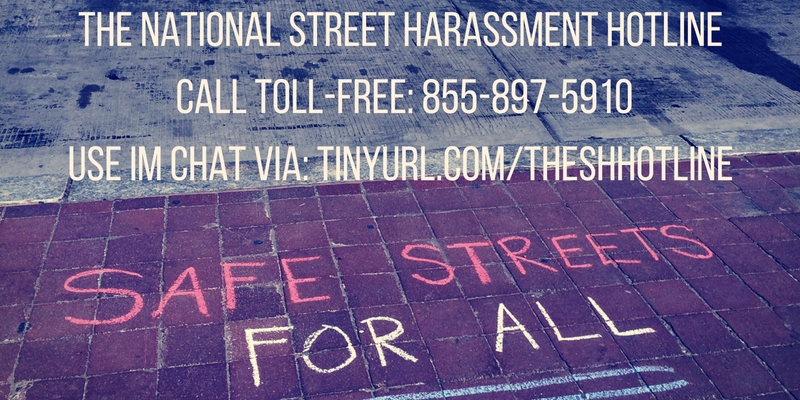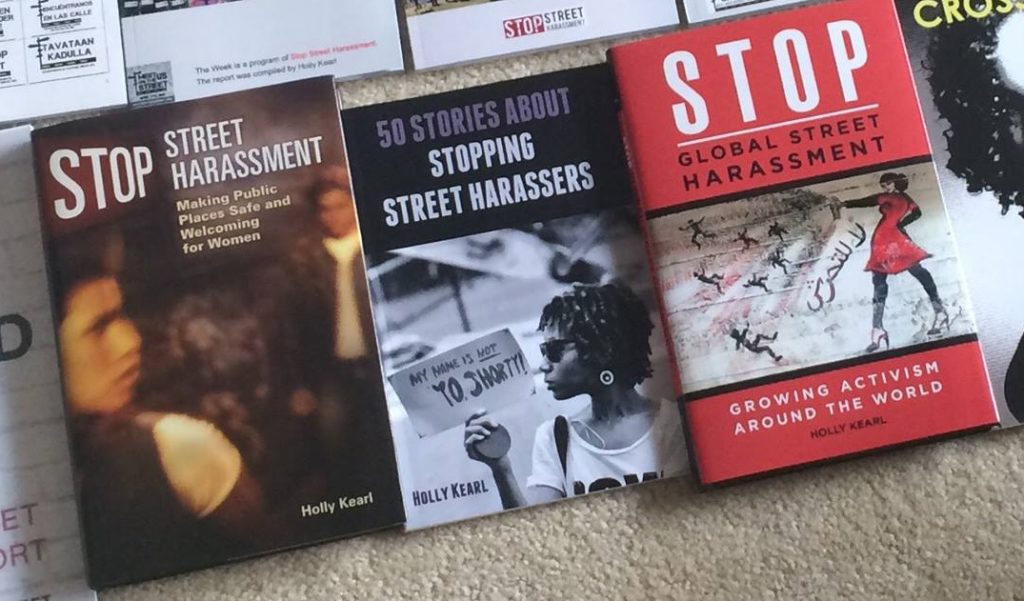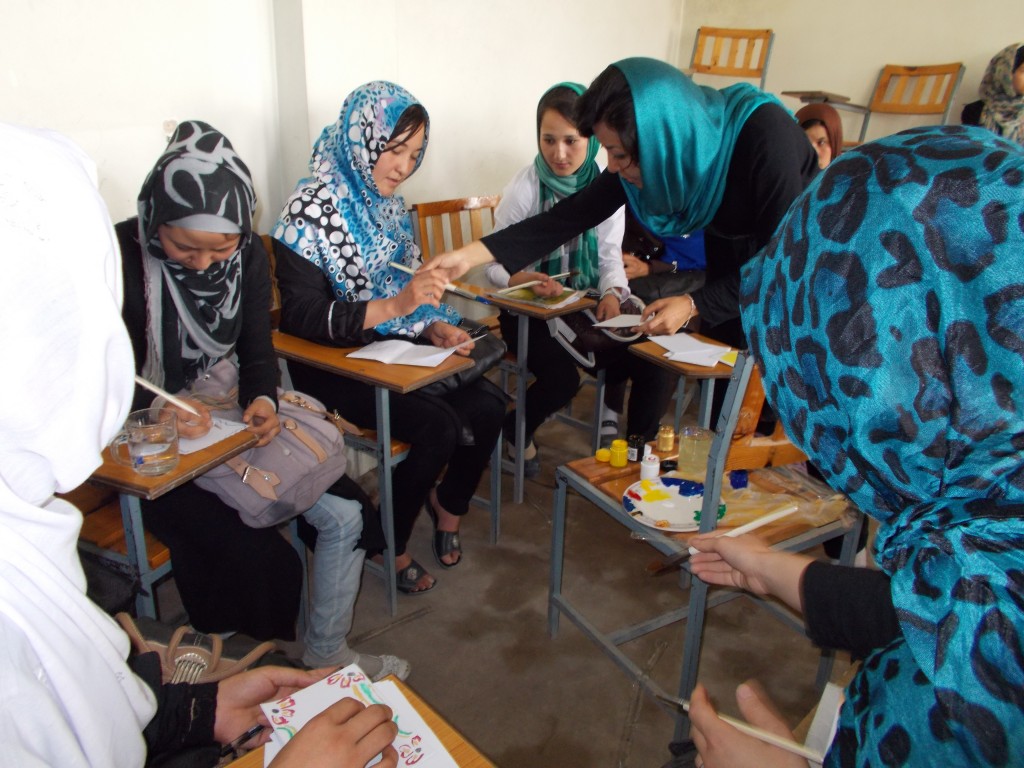Since it was founded 10 years ago, SSH has had a big impact locally in the Washington, DC-area, nationally in the U.S. and internationally! We are proud to have helped create a societal shift where street harassment is taken seriously by many, and there are global entities like the United Nations, national and city-level legislatures, researchers, academics, journalists, NGO advocacy groups, civil society organizations and community groups that address it.
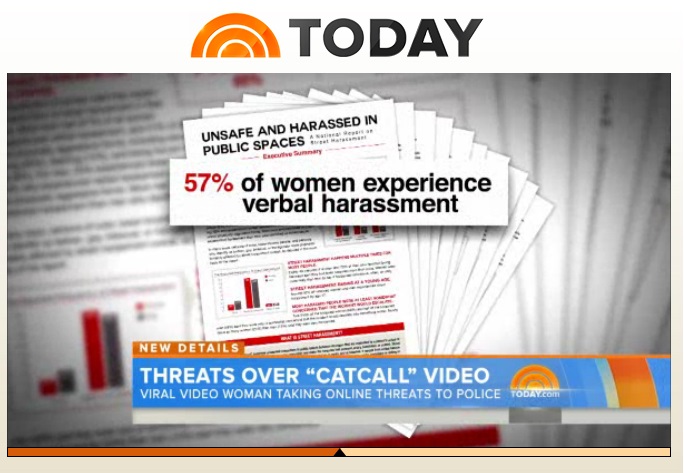 One way to measure SSH’s impact is to look at the number of news articles citing SSH’s research and work – and that number is more than 350. This includes articles at BBC, Guardian, USA Today, the Today Show, CNN, Wall Street Journal, PBS News Hour, New York Times, Washington Post, Los Angeles Times, Huffington Post, Marie Clare Magazine, Glamour Magazine, Shape Magazine, Health Magazine, Runner’s World Magazine, Ms. Magazine and New Moon Girls Magazine.
One way to measure SSH’s impact is to look at the number of news articles citing SSH’s research and work – and that number is more than 350. This includes articles at BBC, Guardian, USA Today, the Today Show, CNN, Wall Street Journal, PBS News Hour, New York Times, Washington Post, Los Angeles Times, Huffington Post, Marie Clare Magazine, Glamour Magazine, Shape Magazine, Health Magazine, Runner’s World Magazine, Ms. Magazine and New Moon Girls Magazine.
SSH’s 11 Biggest Achievements
In reflecting over the past 10 years, I decided to make a list of what I see as our biggest achievements. I aimed for 10 and came up with 11 that had to be on the list! 😊 Thank you so much to everyone who helped make them possible!
1. Running one of the go-to websites in the world for information about street harassment. It has been visited by at least 1.5 million people (the figure since we started tracking it seven years ago… this includes more than one million people in the past four years). Thousands of people from around the world have shared their street harassment stories on the website to bring attention to the problem, and there have been 13 cohorts of Blog Correspondents who wrote about street harassment issues and activism in their communities around the globe.
2. Commissioning and publishing in 2014 the first large-scale, nationally representative survey on street harassment that includes respondents of all genders. Our national study not only includes the findings from the 2,000-person survey but also the summaries of focus groups with various under-represented voices and ideas for how to stop street harassment based on interviews with various academic and community-based experts. The study has been used by countless entities and cited by every major U.S. news outlet.
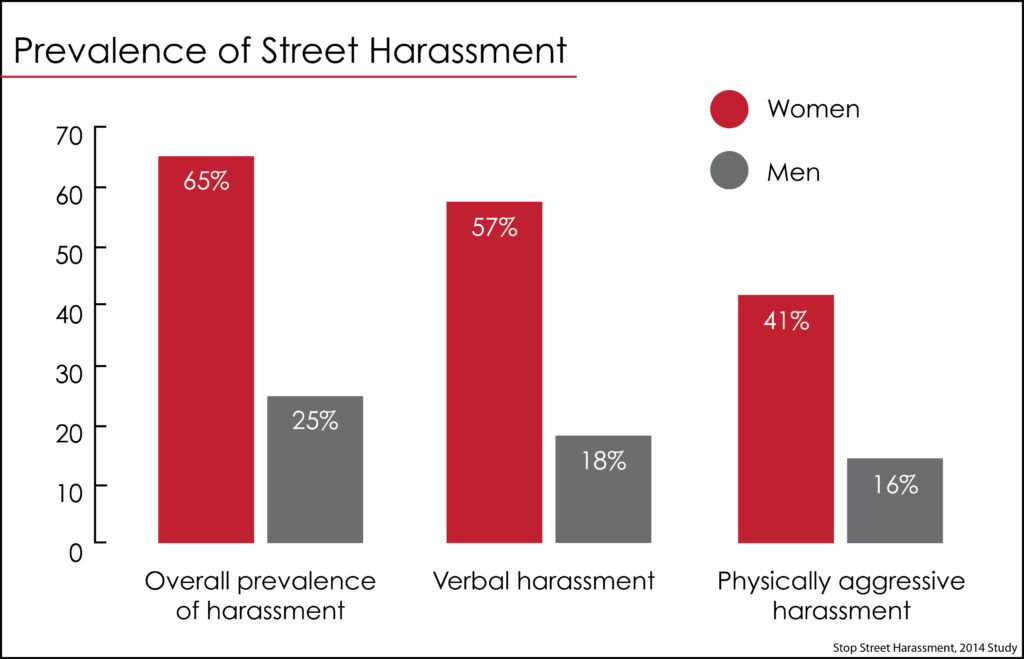 3. Commissioning and publishing in 2018 another nationally representative survey on all forms of sexual harassment and assault across all locations. The purpose was to bring forward the data behind the #MeToo stories and show that public spaces is where people experience sexual harassment the most. The New York Times requested the right to do an exclusive story on the findings the day it was released, and many other outlets covered it after that. The Centers for Disease Control and Prevention and UN Women have requested presentations on the findings in the coming months.
3. Commissioning and publishing in 2018 another nationally representative survey on all forms of sexual harassment and assault across all locations. The purpose was to bring forward the data behind the #MeToo stories and show that public spaces is where people experience sexual harassment the most. The New York Times requested the right to do an exclusive story on the findings the day it was released, and many other outlets covered it after that. The Centers for Disease Control and Prevention and UN Women have requested presentations on the findings in the coming months.
4. Starting International Anti-Street Harassment Week to provide space for groups and people all over the world to speak out against street harassment in their communities at the same time, and then overseeing eight of these weeks. Groups in up to 40 countries routinely participate, engaging tens of thousands of people in total each year.
5. Collaborating with Collective Action for Safe Spaces and the Washington Metropolitan Area Transit Authority on a widescale and comprehensive anti-sexual harassment transit campaign since 2011. It’s entailed: training frontline staff, three waves of print PSAs and one wave of audio PSAs, two representative surveys of riders, and annual outreach/flyering days at various Metro stations. Millions of riders have been exposed to the campaign.
6. Founding the first-ever National Street Harassment Hotline in 2016, which is run in collaboration with the Rape, Abuse & Incest National Network and offers 24/7 free support by phone or secure IM chat, in English and Spanish. It serves an average of 30 people per month.
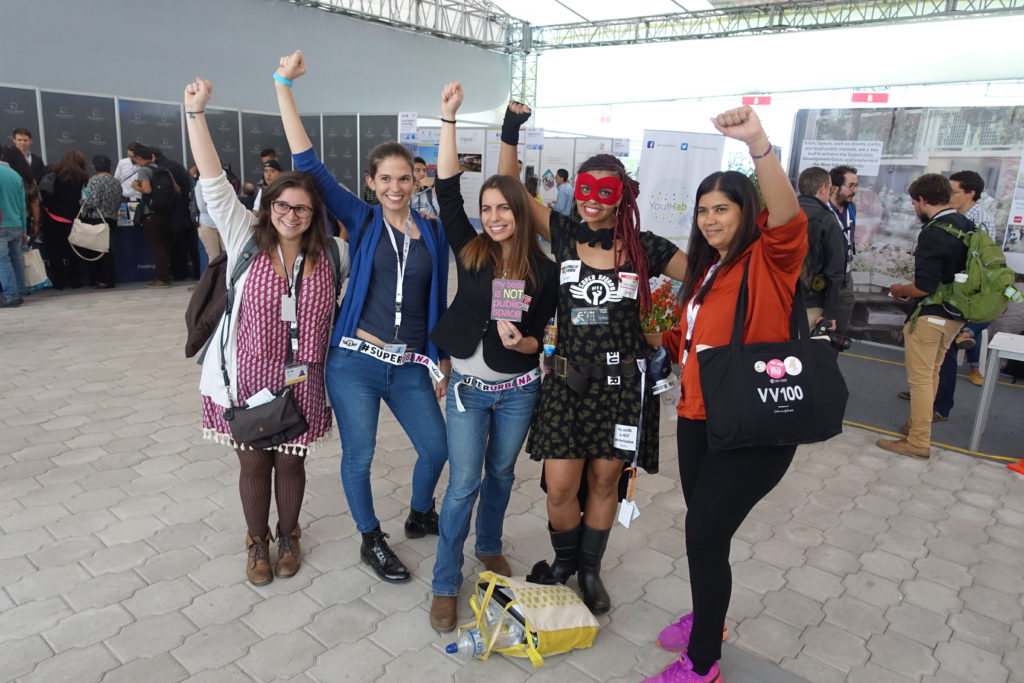
7. Speaking at and participating in 150+ important conferences, rallies, and events, including:
- UN convenings on sexual violence in India (x2), Turkey, Ecuador and Mexico as well as multiple UN Commission on the Status of Women events in New York City;
- An International Women’s Day March with UN Women in New York City;
- Several Slutwalk rallies in Washington, DC;
- National Sexual Assault Conference, National Women’s Studies Association Conference, International Coalition Against Street Harassment Conference, and NOW’s annual conference.
- City Council Hearings on street harassment in New York City, Philadelphia and Washington, D.C.
- Workshops and lectures at more than 40 university/college campuses, including NYU, Stanford, University of California at Berkeley, University of California at Irvine, University of Illinois Urbana-Champaign, University of Iowa, University of Nebraska, University of Nebraska, University of Wisconsin-Green Bay, Portland State University, Georgetown University, George Washington University, George Mason University, Santa Clara University and more.
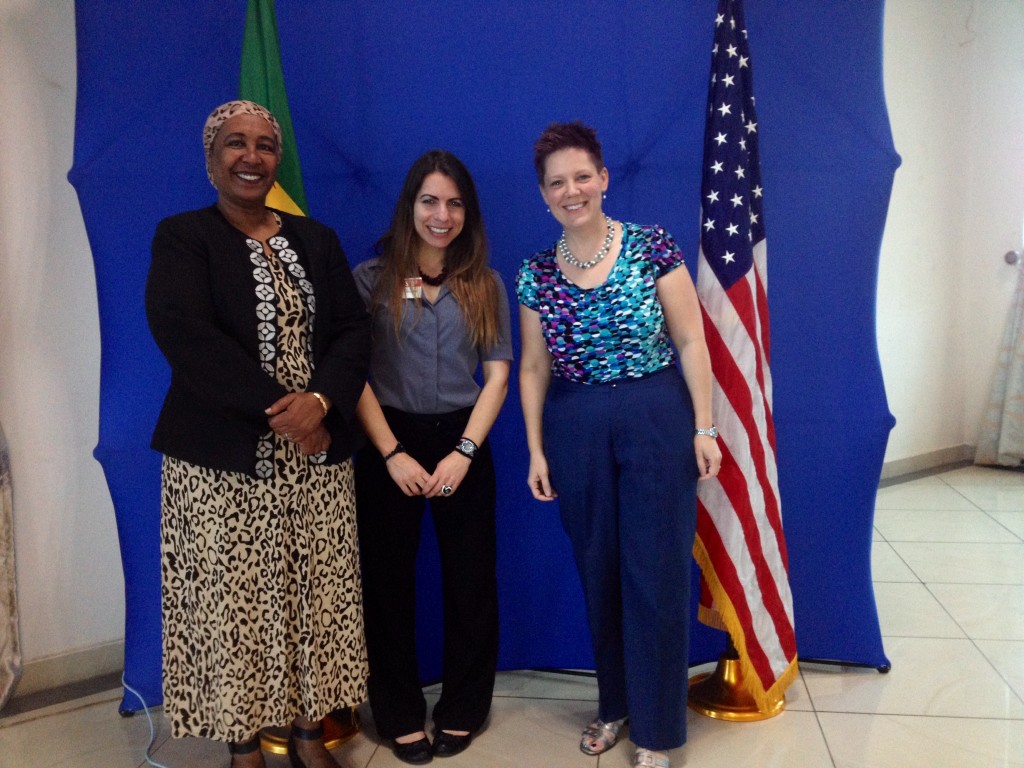
8. Advising entities like Google, Lyft, Runner’s World, U.S. Department of State, New York City Council and lawmakers in the U.S. and internationally on their efforts to address street harassment and related issues. Notably, New Jersey passed a law against upskirt photos thanks to initial consultation with SSH early in the legislative process.
9. Producing four publications that are regularly read, cited and have had an impact, including:
- Two academic books: Stop Street Harassment: Making Public Places Safe and Welcoming for Women (available in paperback for $13.50), and Stop Global Street Harassment: Growing Activism Around the World (available in hardcover for $37 and $35 for ebook).
- A collection of empowering responses to harassment in 50 Stories about Stopping Street Harassers. (Available in paperback for $10, Kindle for $6.99).
- A state-by-state legal guide called Know Your Rights: Street Harassment and the Law (Download the free toolkit (PDF) or access the companion web feature).
10. Mentoring 14 groups around the world on their anti-street harassment projects through the Safe Public Spaces Mentoring Program. It started as a PILOT in 2013 when we worked with the leaders of projects in Afghanistan, Cameroon and Chicago, USA. In 2014, we worked with six teams in India, Kenya, Nepal, Nicaragua, Serbia, and the USA. In 2015, we worked with four teams in France, India, Romania, and the USA.
11. Leading or collaborating on campaigns against companies that trivialize street harassment. The campaigns entail pressuring companies to drop harmful ads and change offensive language. One example is a campaign against a construction company in New Jersey that had a billboard suggesting street harassment is a compliment – a petition led to the company to immediately remove it.

What will our next 10 years bring?
